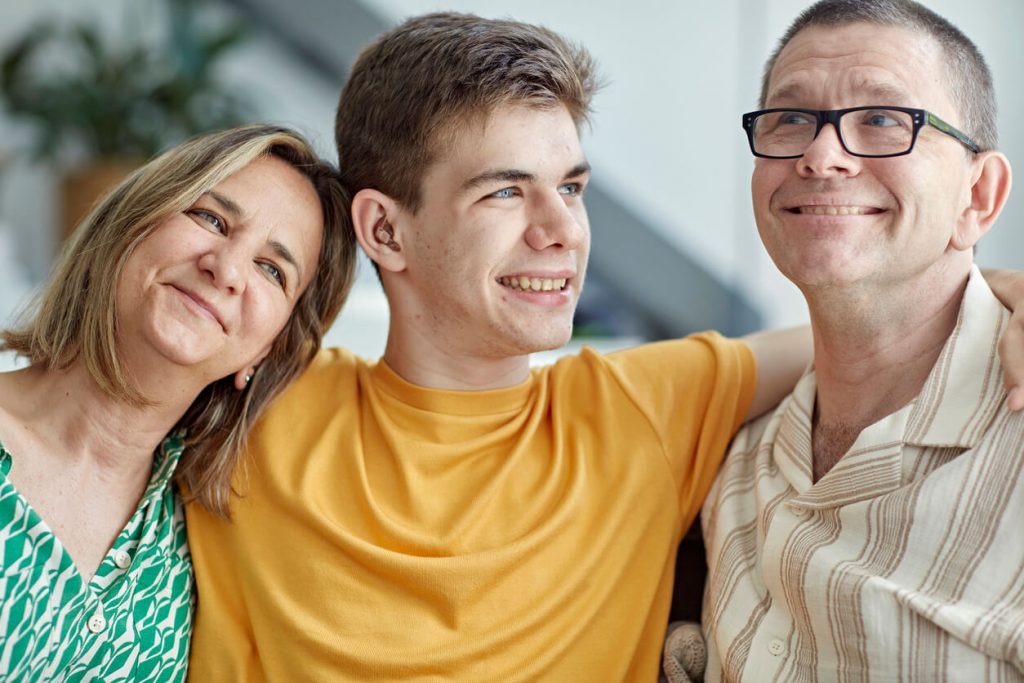The big buzz today among Internet users is how to make the web safer for children. With threats of cyberbullying, online predators, and pornography, governments and community groups around the world have begun conversations about how to make the cyber-world safer.
February 12, 2008, was Safer Internet Day. Educators around the world dedicated time to reflect on and raise awareness about the issues of Internet safety.
The European Commission organized a Youth Forum on Safer Internet. Twenty-seven young people (12-19 years old) met in Brussels—all of them sent by youth forums run by the awareness centers in Finland, the Czech Republic, Cyprus, Sweden, UK, Netherlands, Germany, Austria, and Iceland. Teens conversed with representatives of the industry (such as Myspace, Bebo, Vodafone, Telefonica, Orange, MSN, Vivendi and Visa).
The teens’ recommendations will influence a plan of action called “Safer Internet Programme 2009-2013.” Only time will tell how seriously their recommendations were taken.
Here were some of their ideas:
1.“The most obvious place to learn about Internet safety is at school.” None of the teens heard an Internet safety presentation in school (and were curious why they hadn’t). They recommended that teachers need to be trained on these issues, and that Internet safety needs to be a part of school curriculum.
2. Social networking providers need to make safety information and the “terms of use” of their sites more user friendly. Current terms and conditions are too easily overlooked or skipped.
3. The teens requested more advertising targeted to teens about the issues of Internet safety, such as creative videos for use in the classrooms and theaters. The teens agreed that TV was a bad place for video advertisements because kids are likely to just change the channel.
4. “We don’t want 10 top tips, because it is not an effective way of learning. . . . Don’t spend thousands of dollars making top-tip posters, we would rather have engaging school presentations with films, etc.”
5. They wanted a clear place online to report cyberbullying and to request that personal pictures be removed from the web. They also recommended some sort of hotline in each EU nation to report theft, abuse, and cyberbullying.
6. They asked stakeholders to increase parental controls so that parents could better monitor their kids’ online activities. This may include providing an Internet history on mobile phone bills.
The largest social networking site, MySpace, and ikeepsafe have collaborated on a “Social Networking Basics” tutorial available on the web. A series of videos are available to parents, educators, and teens that explain what social networking sites are, how teens are using them, how to set up personal profiles, and how to report abuses and harassment.






